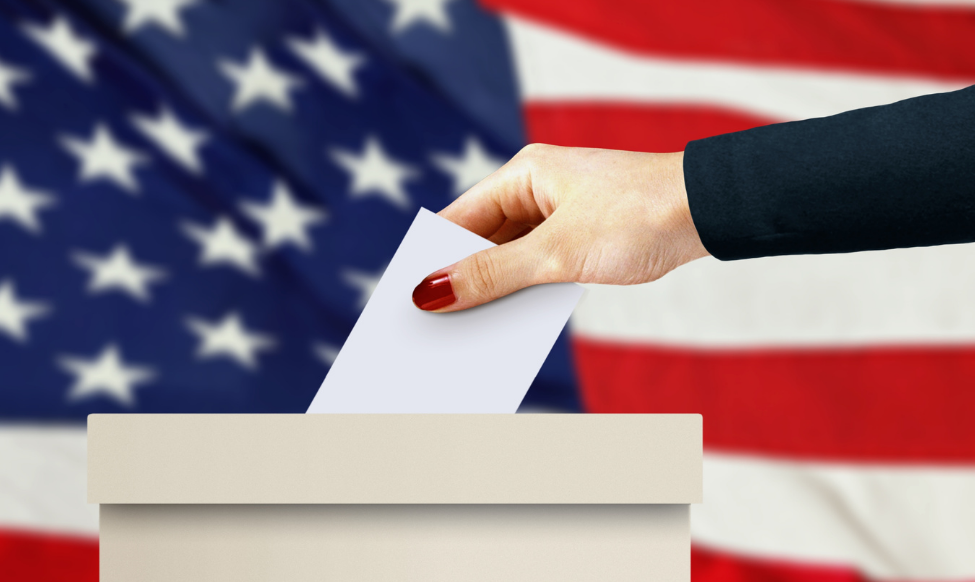By Christine Malafi
As Election Day approaches, employers should take note: last year, you may recall that New York State’s Election Law was amended to increase the amount of paid time off that employees could take to vote from two hours to up to three hours. This year, the law has reverted to the previous provisions with additional changes outlined below.
As of April 12, 2019, Election Law § 3–110 required that employees in New York who are registered voters may request and receive up to three hours paid time off to vote, regardless of their work schedule and without loss of pay. Under the 2020 amendments, the law reverts back to up to two hours of paid time off to vote, but only if the employee did not have four or more consecutive hours off between either the time the polls opened and the start of their shift, or the end of their shift and the time the polls closed.
Every employer must post the new Election Law requirements in a noticeable place, accessible to all employees and on company grounds, at least 10 days prior to every election, and leave the notice up through at least the close of the polls on Election Day. Additionally, employee handbooks need to be updated to reflect the new Election Law requirements.
Employees are allowed time off to vote only at the beginning or at the end of their work shift, at the employer’s discretion, unless another time is agreed upon between employee and employer. Employees must also notify their employer at least two working days prior, though not more than ten, to an election if they require time off to vote. Notably, the time off is “up to” two hours, not two hours. The law states that employees cannot be required to utilize any form of earned leave time or paid time off (PTO) to vote.
This law applies to all elections under the Election Law in its entirety—including primary and special elections. Specifically, the Election Law covers federal, state, county, city, town, or village office elections, as well as elections on ballot questions that are submitted to voters either state, county, city, town, or village-wide. It does not apply to school district, fire district, or library district elections and budget votes, as these are generally governed by laws other than the Election Law. The amended law does not indicate whether an employer is permitted to request proof of voter registration or require a voting receipt or other proof that the employee actually used their time off to vote.
Changes such as this one can leave businesses, especially small businesses, scrambling to stay on top of the requirements and at increased risk for non-compliance. For any questions about how to implement these changes at your organization in the least disruptive way possible, please contact our office.

